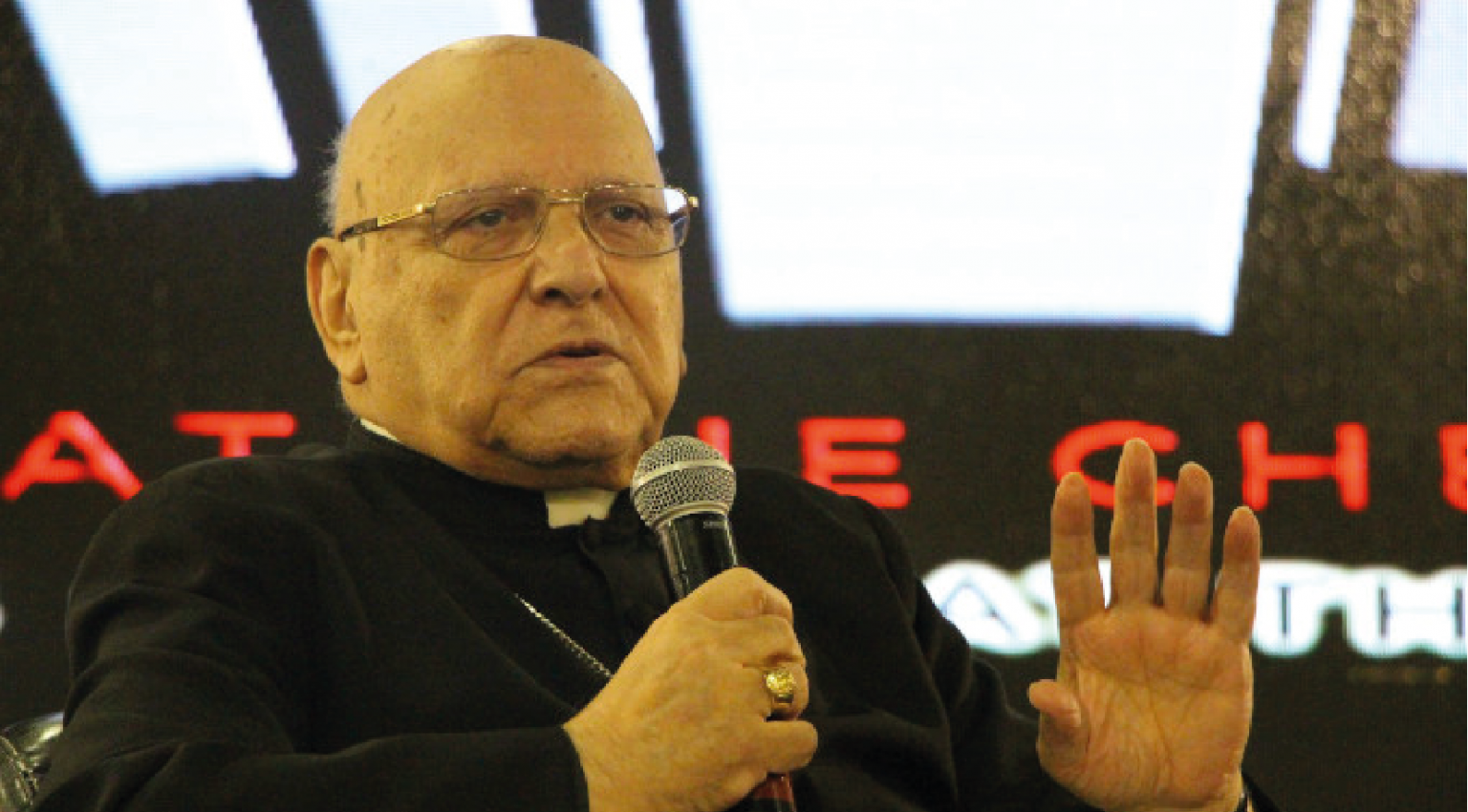A year after the brutal attacks by Hamas on October 7, 2023, the ongoing violence in the Holy Land has continued unabated. Yet, as the situation in Israel, Gaza, and beyond reaches catastrophic proportions, the Latin Patriarch Emeritus of Jerusalem, Michel Sabbah, and members of the Christian Reflection group have issued a profound appeal for hope, justice, and a long-overdue end to the cycle of violence gripping the region.
In a recently released statement, Sabbah and his colleagues emphasize that the current conflict did not begin with the attacks of 2023. Instead, they trace its roots back to a century-long struggle, starting in 1917 and peaking in pivotal moments like the establishment of Israel in 1948 and the Six-Day War of 1967. According to the group, the violence and suffering have persisted for generations, creating an enduring tragedy for both Israelis and Palestinians.
Reflecting on the relentless Israeli military retaliation, the document argues that while destruction and death are inevitable outcomes of force, security for Israelis cannot be achieved through violence alone. «True peace will only come when the tragedy of the Palestinian people is brought to an end,» they assert, urging global reflection on the deeper causes of the conflict.
A Year of Unrelenting War
The past year has seen the region submerged in war, with countless lives lost, especially in Gaza, where entire neighborhoods have been leveled to rubble. «Homes, schools, hospitals—everything is reduced to dust,» reads the statement. The human toll is staggering, with tens of thousands killed or wounded across Gaza, the West Bank, Israel, and neighboring countries like Lebanon, Syria, and even Yemen. Disease, hunger, and despair are rampant in Gaza, while the broader region teeters on the edge of further destruction.
The group also questions whether the original Zionist dream of a safe homeland for the Jewish people has truly brought the security it promised. They highlight that despite decades of military action, Israel remains locked in a cycle of fear and violence that does not appear to bring lasting peace to its citizens.
Silence and Indifference from the International Community
Sabbah and his group express disappointment with the international community, which they accuse of standing by in near silence as violence escalates. Although there have been repeated calls for ceasefires, these have often been temporary, without meaningful efforts to address the underlying causes of the conflict. Arms and destructive technology continue to flow into the region, exacerbating the suffering and enabling further crimes against humanity.
Despite the world’s apparent inaction, the group calls on Christians, in particular, to find strength in their faith. «Even though we are exhausted and paralyzed by pain and fear, we must not lose hope,» they insist. Sabbah urges Christians to lean on the teachings of the Resurrection, a belief that points to life and healing beyond death and destruction. This, he suggests, should inspire action rooted in justice, equality, and the defense of all human lives—whether Christian, Muslim, or Jewish.
Not a Religious War, But a Struggle for Justice
The group is clear: the conflict is not a religious war. Rather, it is a fight for fundamental rights—justice, peace, freedom, and equality. Sabbah and his colleagues stress the need to stand with all those, regardless of faith, who seek an end to the violence. This includes Israeli Jews who, like many Palestinians, are tired of the lies and ideologies that have perpetuated destruction for far too long.
By Zenit






